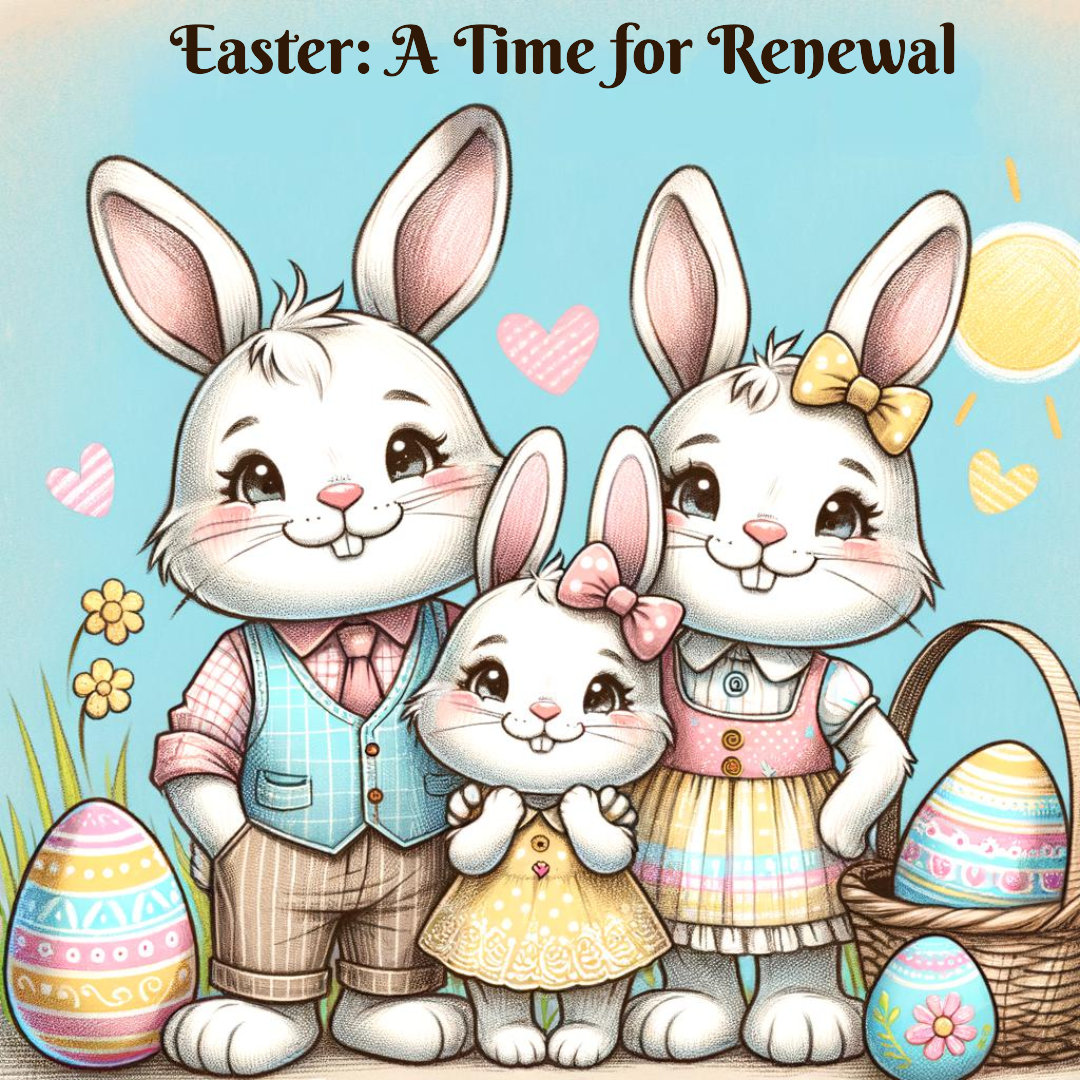Easter 2024: Unveiling the Significance, History, and Traditions of a Timeless Celebration


Easter, a festival imbued with joy and spiritual renewal, is one of the most significant occasions in the Christian calendar, commemorating the resurrection of Jesus Christ from the dead. This pivotal event, celebrated with great fervor and devotion, marks the triumph of life over death and good over evil, echoing the core message of hope and redemption that Easter embodies.
Table of Contents
The Date of Easter 2024: A Calculated Celebration
The date of Easter varies each year, determined by a complex blend of the Gregorian calendar and lunar cycles. In 2024, Easter Sunday will fall on March 31st. This variability stems from the early Christian tradition of aligning Easter with the Jewish Passover, which is based on lunar months. As such, Easter is celebrated on the first Sunday following the first full moon after the vernal equinox, leading to a range of possible dates from March 22nd to April 25th.
Tracing Back to the Origins: A Historical Overview
The roots of Easter trace back to the earliest days of Christianity, commemorating the resurrection of Jesus Christ, which, according to the New Testament, occurred three days after his crucifixion by the Romans. The term “Easter” is believed to derive from “Eostre,” the name of an Anglo-Saxon goddess of spring and fertility, reflecting the festival’s themes of rebirth and renewal. Over the centuries, Easter has woven together Christian beliefs with pre-Christian springtime celebrations, creating a rich tapestry of customs and traditions.
The Deep-Seated Significance of Easter

Easter is the culmination of the Passion of Christ, preceded by Lent, a 40-day period of fasting, prayer, and penance. The week preceding Easter, known as Holy Week, includes significant days such as Palm Sunday, Maundy Thursday, and Good Friday, each marking events leading up to Jesus’ resurrection. Easter is not only a time for Christians to reflect on the sacrifice and love of Jesus but also an opportunity for spiritual renewal and rejoicing in the promise of eternal life.
Easter Traditions: From Sacred Rituals to Joyful Celebrations
Easter traditions vary widely across the globe, blending religious ceremonies with cultural festivities. Common practices include attending sunrise services, participating in the Eucharist, and joining in processions. Easter eggs, symbolizing new life, are a universal symbol of the holiday, with egg decorating and hunts being popular among children and adults alike. In many cultures, Easter is also a time for family gatherings and feasting, where special foods and sweets are shared, further enhancing the communal spirit of the occasion.
In Conclusion: A Festival of Hope and Renewal
Easter, transcending its religious origins, has become a universal symbol of hope, rebirth, and joy. It invites people of all ages and backgrounds to pause and reflect on the deeper meanings of life and spirituality. As Easter 2024 approaches, it offers an opportunity to embrace the timeless messages of love, forgiveness, and new beginnings that Easter represents, encouraging us to carry these ideals forward in our lives.
As we anticipate Easter’s arrival with its promise of renewal and joy, let us remember the profound lessons it teaches about compassion, resilience, and the enduring power of faith. Easter 2024, like every Easter before and after, stands as a beacon of hope, inviting us to reflect, rejoice, and renew our spirits in the warmth of its timeless light.
You can now write for RSP Magazine and be a part of the community. Share your stories and opinions with us here.
